
Madang Province: Papua New Guinea's Pristine Paradise
Madang Province is a true gem in Papua New Guinea, offering visitors a unique blend of natural beauty, rich culture, and historic sites. Nestled along the northern coast, Madang is renowned for its stunning coastline, lush rainforests, and vibrant marine life. The crystal-clear waters and colorful coral reefs make it a haven for divers and snorkelers from around the world. The region's many islands and lagoons provide perfect spots for relaxation and adventure alike. Beyond its natural allure, Madang Province is steeped in cultural heritage. Visitors can explore traditional villages, where locals still practice age-old customs and crafts. Festivals and ceremonies are frequent, offering a glimpse into the vibrant traditions of the indigenous communities. The Madang Festival, held annually, is a highlight, featuring traditional dances, music, and art. For history enthusiasts, Madang has much to offer. The remnants of World War II are scattered across the province, with relics and memorials providing a poignant reminder of the past. The site of the Battle of Madang and various war memorials are must-visit spots for those interested in the history of the region. Madang's blend of natural beauty, cultural richness, and historical significance make it a captivating destination for any traveler.
Local tips in Madang Province
- Visit during the Madang Festival to experience local culture and traditions.
- Bring reef-safe sunscreen to protect the delicate marine life.
- Hire a local guide for exploring traditional villages and historical sites.
- Pack a good insect repellent for the rainforest areas.
- Check weather patterns before planning your trip, as the region can be prone to sudden rains.
Madang Province: Papua New Guinea's Pristine Paradise
Madang Province is a true gem in Papua New Guinea, offering visitors a unique blend of natural beauty, rich culture, and historic sites. Nestled along the northern coast, Madang is renowned for its stunning coastline, lush rainforests, and vibrant marine life. The crystal-clear waters and colorful coral reefs make it a haven for divers and snorkelers from around the world. The region's many islands and lagoons provide perfect spots for relaxation and adventure alike. Beyond its natural allure, Madang Province is steeped in cultural heritage. Visitors can explore traditional villages, where locals still practice age-old customs and crafts. Festivals and ceremonies are frequent, offering a glimpse into the vibrant traditions of the indigenous communities. The Madang Festival, held annually, is a highlight, featuring traditional dances, music, and art. For history enthusiasts, Madang has much to offer. The remnants of World War II are scattered across the province, with relics and memorials providing a poignant reminder of the past. The site of the Battle of Madang and various war memorials are must-visit spots for those interested in the history of the region. Madang's blend of natural beauty, cultural richness, and historical significance make it a captivating destination for any traveler.
When is the best time to go to Madang Province?
Iconic landmarks you can’t miss
Jais Aben Resort
Discover the idyllic retreat of Jais Aben Resort, where luxury meets the breathtaking beauty of Madang Province's coastline.
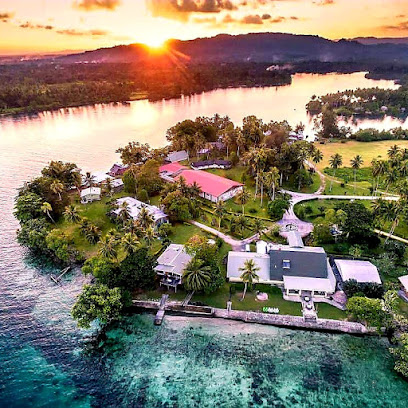
Kalibobo Light House
Discover the breathtaking views and rich maritime history at Kalibobo Light House in Madang, Papua New Guinea.
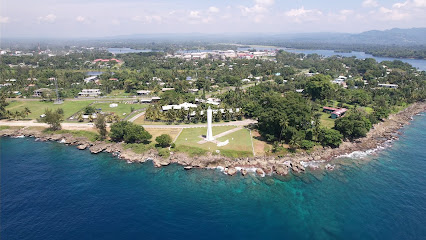
Machine Gun Beach
Experience the enchanting blend of natural beauty and historical significance at Machine Gun Beach in Madang Province.
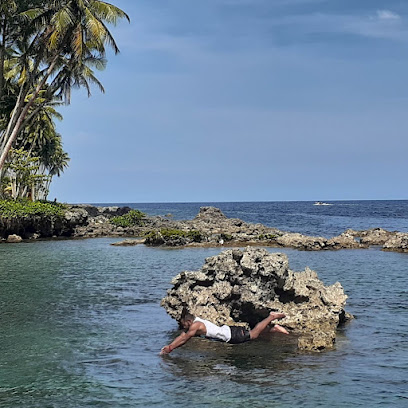
Melanesian Tourist Services
Experience the wonders of Papua New Guinea through Melanesian Tourist Services, your gateway to Madang's culture and breathtaking landscapes.
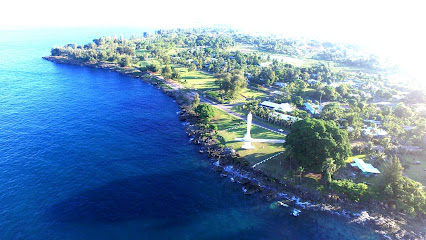
Smugglers Inn Resort
Explore the beauty of Papua New Guinea at Smugglers Inn Resort, your gateway to adventure and relaxation in Madang Province.
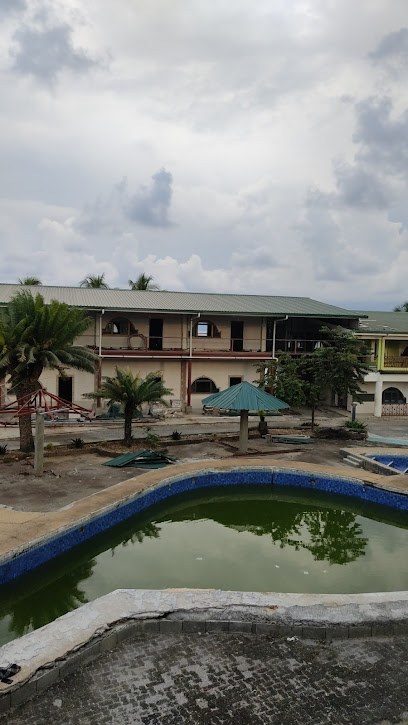
Madang Visitors & Cultural Bureau
Explore the rich culture and breathtaking landscapes of Madang at the Madang Visitors & Cultural Bureau, your gateway to Papua New Guinea's treasures.
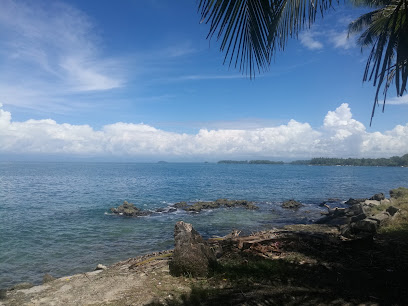
Kranget Island
Discover the serene beauty and cultural richness of Kranget Island, a unique university destination in Madang Province, Papua New Guinea.
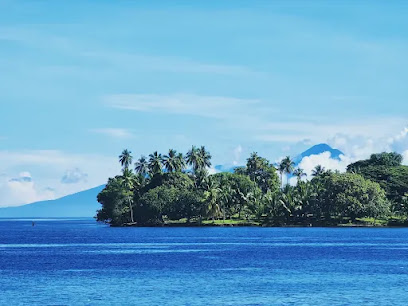
Niugini Dive Adventures
Discover the underwater wonders of Papua New Guinea at Niugini Dive Adventures, your gateway to thrilling diving experiences in Madang.
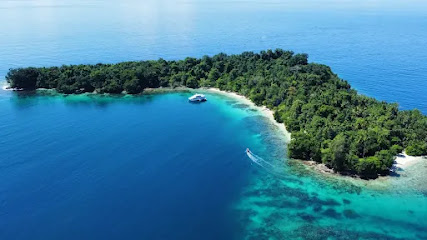
PLP Park
Discover the tranquil beauty of PLP Park in Madang – a perfect spot for relaxation, outdoor activities, and breathtaking views of Papua New Guinea's nature.

Unmissable attractions to see
Machine Gun Beach
Explore the tranquil beauty and historical significance of Machine Gun Beach in Madang Province, a perfect getaway for relaxation and adventure.
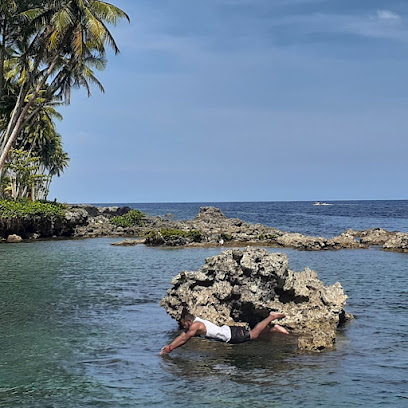
Madang Visitors & Cultural Bureau
Explore the heart of Madang's culture and history at the Visitors & Cultural Bureau, your gateway to an unforgettable Papua New Guinea experience.
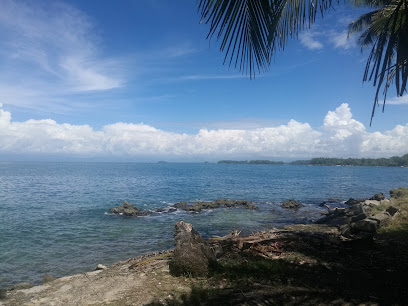
JK McCarthy Museum
Discover the cultural heritage of Papua New Guinea at the JK McCarthy Museum, a hidden gem in Goroka showcasing traditional artifacts and local history.
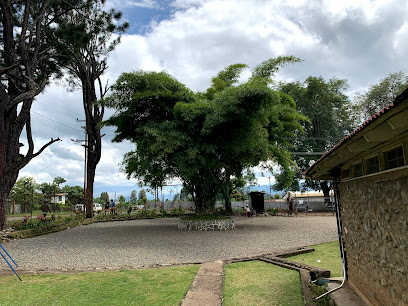
Iku Kolanota Site Scene and Nature Park Ltd
Explore the stunning landscapes and rich culture at Iku Kolanota Site Scene and Nature Park Ltd in Goroka, Eastern Highlands of Papua New Guinea.
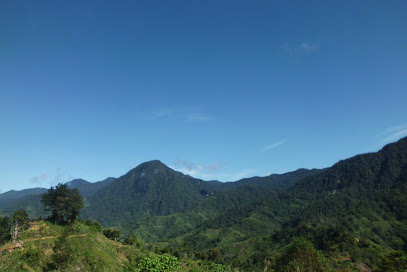
Daulo Pass Summit
Discover the breathtaking vistas and cultural richness at Daulo Pass Summit, a stunning gem in Papua New Guinea's Eastern Highlands.
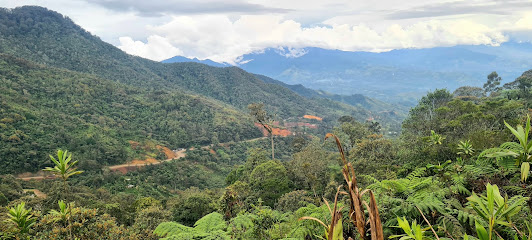
Kenneth Beach
Discover the serene beauty of Kenneth Beach in Jiwaka Province, a perfect retreat for nature lovers and adventure seekers alike.
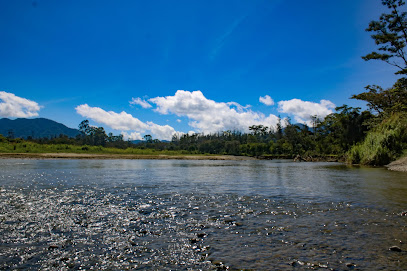
Diawo builders
Explore the architectural heritage and vibrant culture of Papua New Guinea at Diawo Builders in Chimbu Province.
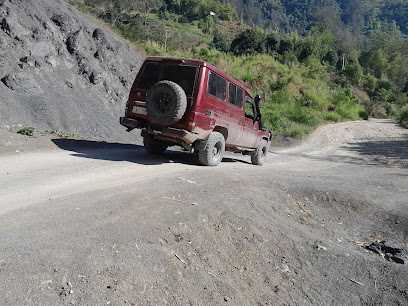
Kotuni Trout Farm & Eco Tourism Cooperative
Explore the serene Kotuni Trout Farm & Eco Tourism Cooperative, where nature and sustainability blend seamlessly in Papua New Guinea's Eastern Highlands.

PLP Park
Experience the natural beauty and tranquility of PLP Park in Madang, a perfect escape for nature lovers and tranquility seekers.

DWU Alumnae Park
Discover the serene beauty of DWU Alumnae Park in Madang, a perfect oasis for relaxation, exploration, and enjoying Papua New Guinea's natural wonders.
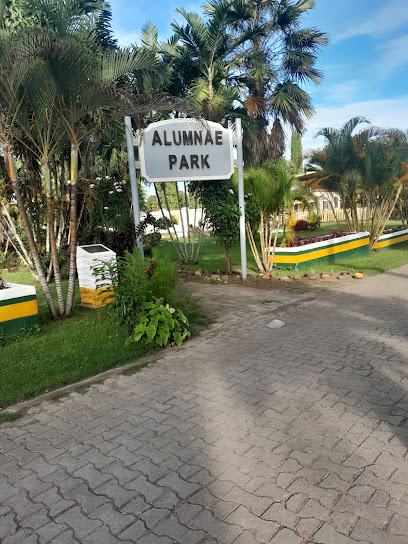
Mak Gorge Look Out Point
Experience stunning views and serene landscapes at Mak Gorge Look Out Point, a premier tourist attraction in Papua New Guinea's Western Highlands.
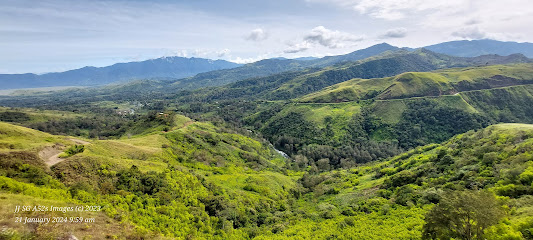
Oglkun Cavern
Explore Oglkun Cavern in Chimbu Province, a stunning natural park filled with breathtaking rock formations and vibrant biodiversity.
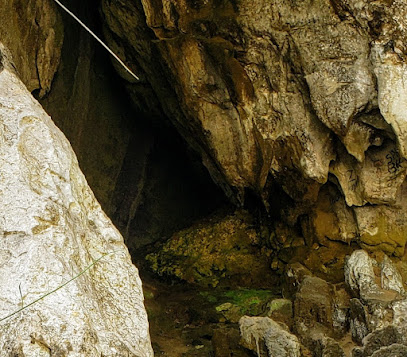
Puri, Creek
Experience the serene beauty and cultural richness of Puri Creek in Jiwaka Province, a hidden gem for nature and adventure lovers.
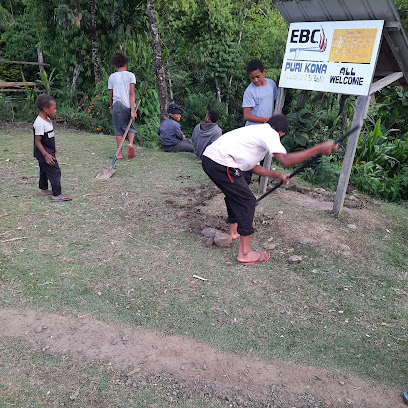
ASK Sanctuary Tilapia Farm, Orufona Peninsula
Explore the serene ASK Sanctuary Tilapia Farm, where sustainable aquaculture meets the natural beauty of the Orufona Peninsula in Eastern Highlands.
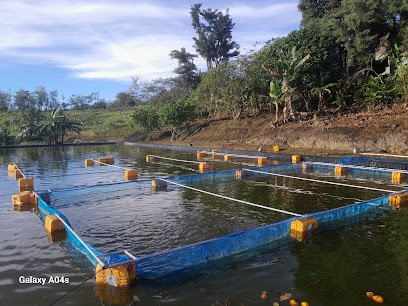
Koro Headwaters Nature Park
Experience the breathtaking landscapes and diverse wildlife of Koro Headwaters Nature Park in Chimbu Province, an ideal escape for nature lovers.
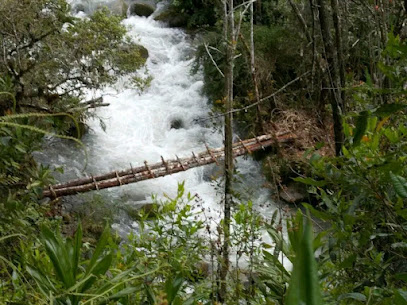
Essential places to dine
Madang Resort Hotel
Discover paradise at Madang Resort Hotel—where breathtaking views meet luxurious comfort in Papua New Guinea.

Madang Lodge Hotel
Discover comfort at Madang Lodge Hotel – your gateway to adventure in beautiful Papua New Guinea's coastal paradise.

Jais Aben Resort
Experience paradise at Jais Aben Resort in Madang Province – where luxury meets nature along breathtaking coastlines.
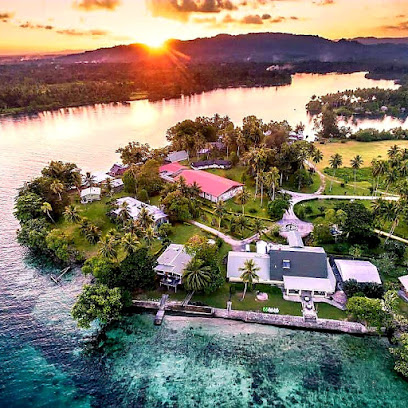
Madang Star International Hotel
Discover comfort at Madang Star International Hotel - your gateway to exploring Papua New Guinea's natural beauty and rich culture.

Nambis Inn Madang
Discover comfort and local charm at Nambis Inn Madang – your gateway to Papua New Guinea's stunning landscapes and vibrant culture.

Madang Club
Experience the vibrant nightlife at Madang Club in Papua New Guinea, where great food, drinks, and live entertainment await you.
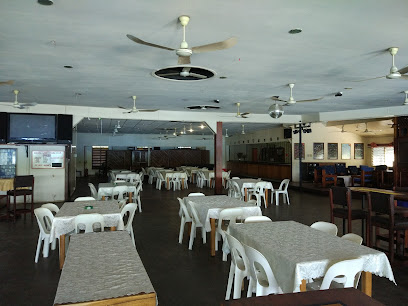
The Anchor
Discover the rich flavors of Papua New Guinea at The Anchor, where every meal is a celebration of local culture and cuisine.
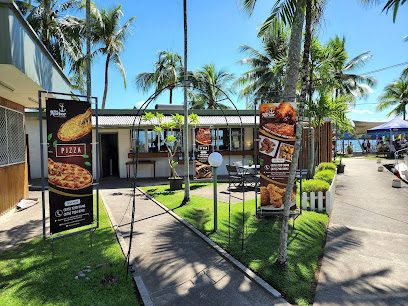
Jais Aben Bridge Bar
Experience stunning views and delicious cuisine at Jais Aben Bridge Bar in Madang – your perfect getaway in Papua New Guinea.
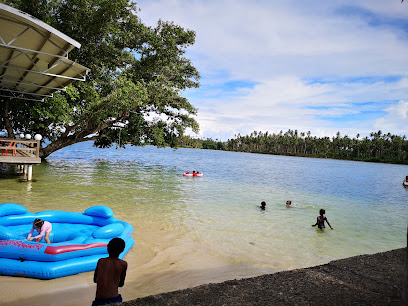
Eden Restaurant
Experience the best of Papua New Guinea's culinary scene at Eden Restaurant in Madang - where local flavors meet international flair.
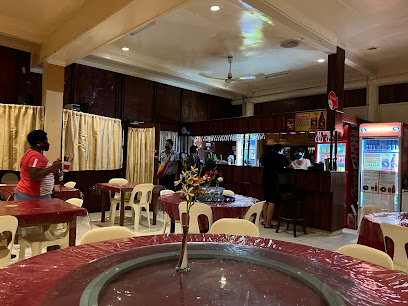
Maranda Lodge
Discover local flavors and warm hospitality at Maranda Lodge in Southern Highlands, Papua New Guinea.
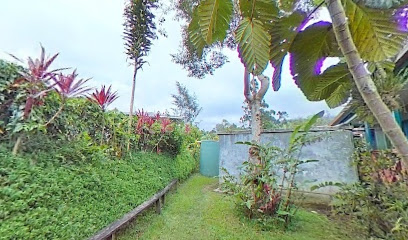
Madanglo
Discover authentic Chinese cuisine at Madanglo in Madang Province - a culinary gem offering rich flavors and warm hospitality.
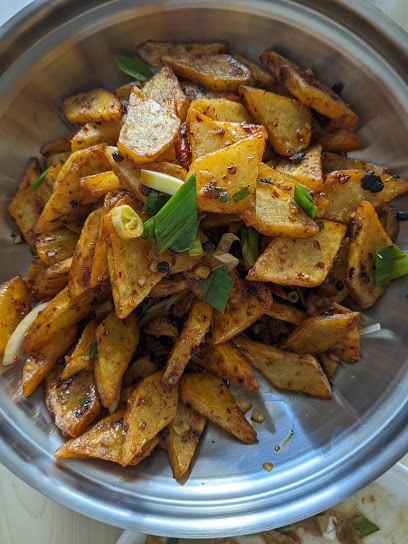
SINGS
Experience authentic Papua New Guinean cuisine at SINGS along the Highlands Highway in Morobe Province.

Gogi Gold Buying
Experience authentic Papua New Guinean flavors at Gogi Gold Buying in Madang's vibrant atmosphere.

Markets, malls and hidden boutiques
Andersons Foodland
Explore the vibrant flavors and local products at Andersons Foodland, Madang's premier supermarket for travelers and locals alike.
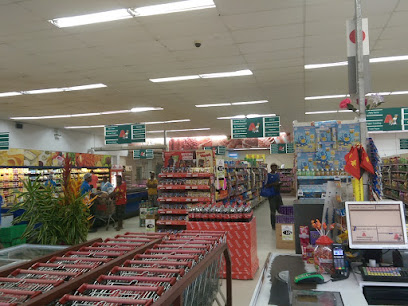
Brian Bell Home Centre - Madang
Explore a world of home goods at Brian Bell Home Centre in Madang, the ultimate shopping destination for quality furniture and décor.
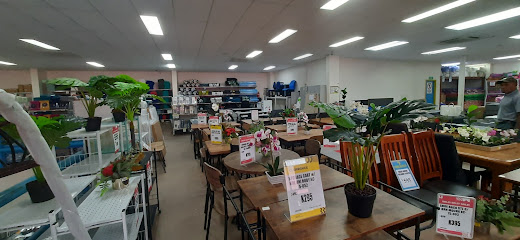
Newtown Plaza
Experience the local culture and vibrant shopping at Newtown Plaza, Madang's premier shopping destination with diverse offerings.
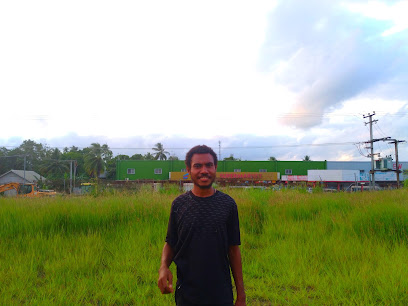
British American Tobacco
Discover the fascinating world of tobacco at British American Tobacco in Madang, a unique cultural experience in Papua New Guinea.
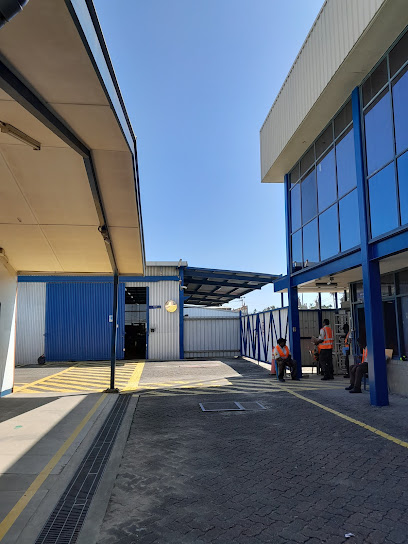
Hardware Haus
Explore Hardware Haus in Madang for all your DIY needs; a hub for quality tools and supplies amidst stunning natural beauty.
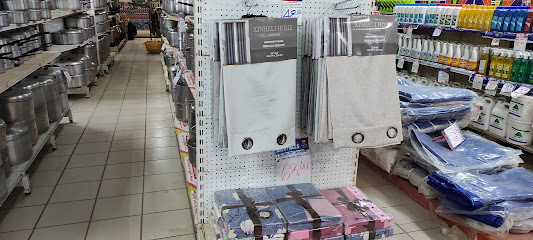
BMK Shopping Mall
Discover the vibrant BMK Shopping Mall in Madang, where local culture meets diverse shopping experiences for every traveler.
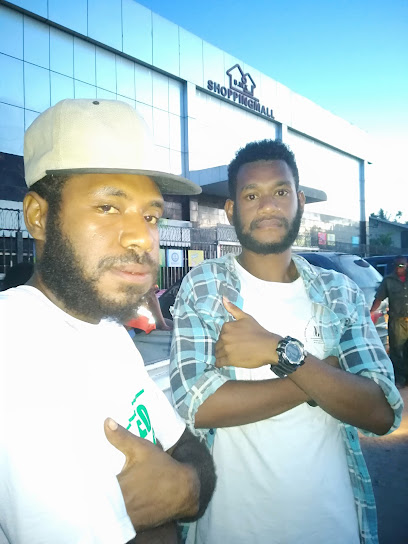
Madang Butchery
Experience the authentic flavors of Papua New Guinea at Madang Butchery, your go-to destination for high-quality local meats and culinary insight.
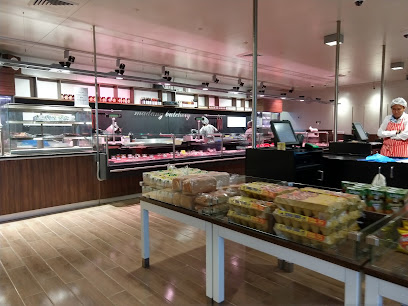
BNBM HARDWARE MADANG BRANCH
Discover BNBM Hardware Madang Branch, your local destination for tools and materials to enhance your stay in the beautiful Madang Province.
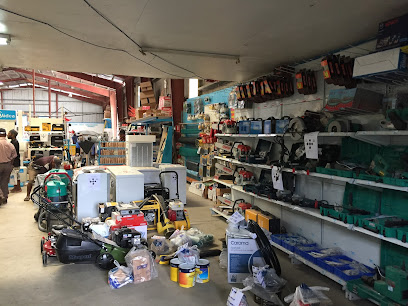
Brian Bell Warehouse Madang
Experience shopping like never before at Brian Bell Warehouse in Madang, where quality meets convenience in a vibrant retail space.
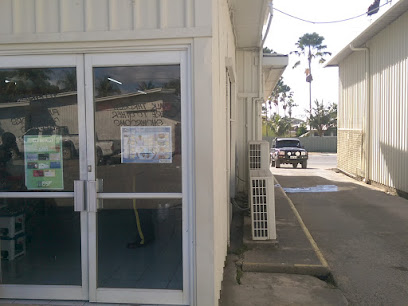
DIWAI MART
Explore unique local goods at DIWAI MART in Madang, a vibrant store showcasing the culture and craftsmanship of Papua New Guinea.
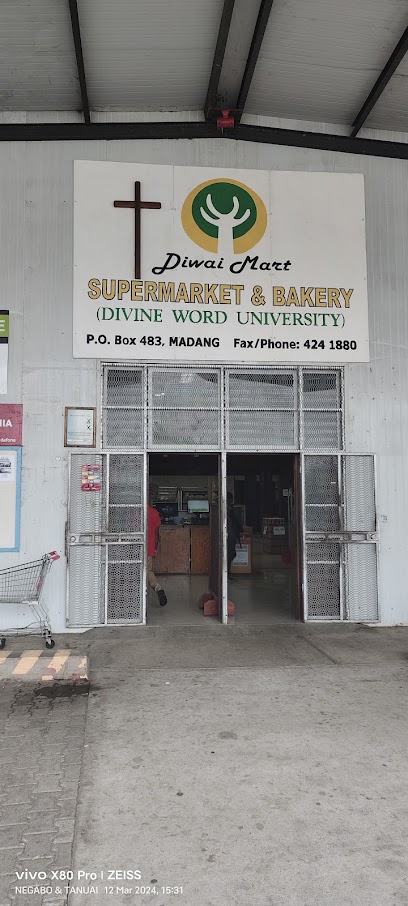
Yaho Supermarket
Explore Yaho Supermarket in Madang for a taste of local culture, fresh produce, and unique souvenirs to enhance your travel experience.
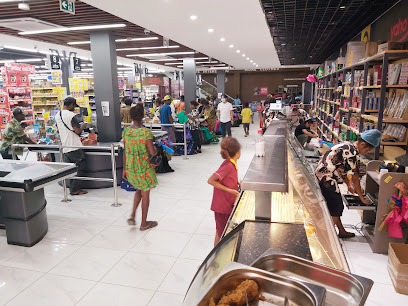
SUPREME SUPERMARKET
Discover local flavors and vibrant shopping experiences at Supreme Supermarket in Madang, a bustling hub for tourists and locals alike.
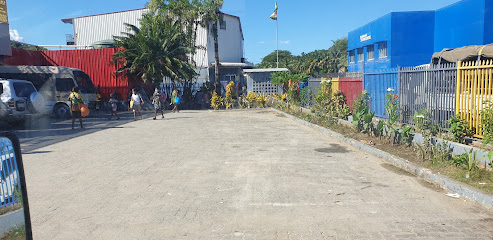
BNBM MADANG BRANCH
Explore unique local products at BNBM Madang Branch, a charming home goods store in Madang Province, Papua New Guinea.
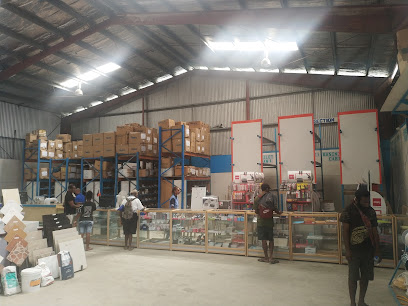
BeMobile Retail Shop, Madang
Discover the essential mobile services at BeMobile Retail Shop in Madang, your go-to hub for connectivity and accessories during your travels.

Divine Word Coffee Shop
Discover the cozy ambiance and rich flavors at Divine Word Coffee Shop in Madang, your perfect coffee retreat in Papua New Guinea.
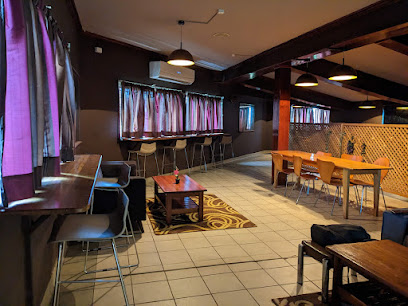
Essential bars & hidden hideouts
Madang Club
Discover the vibrant nightlife and cultural richness at Madang Club in Papua New Guinea, where entertainment and local spirit come alive.
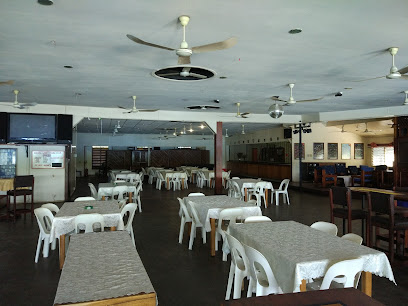
The Anchor
Experience the culinary delights and stunning views at The Anchor, a must-visit restaurant in Madang, Papua New Guinea.
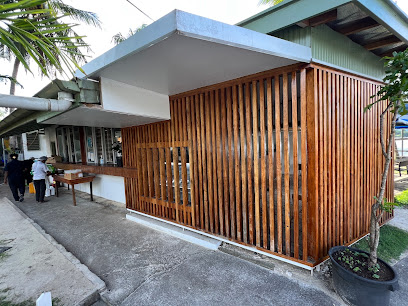
Jais Aben Bridge Bar
Experience the vibrant atmosphere and breathtaking views at Jais Aben Bridge Bar, where local culture meets tropical relaxation in Madang.
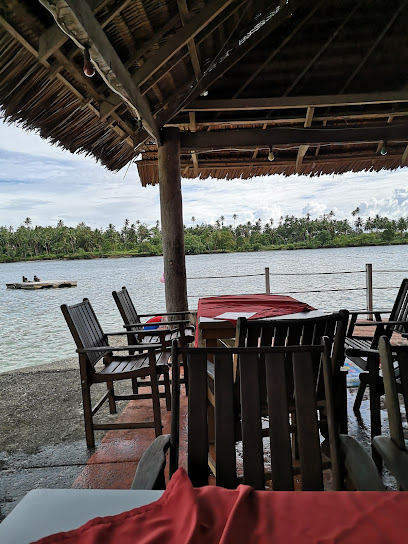
Comfort Inn Hotel
Experience comfort and convenience at the Comfort Inn Hotel in Madang, where hospitality meets exceptional service in a stunning setting.

Ramu Management Club
Discover the vibrant atmosphere and local flavors at Ramu Management Club, a premier bar in the heart of Madang Province.
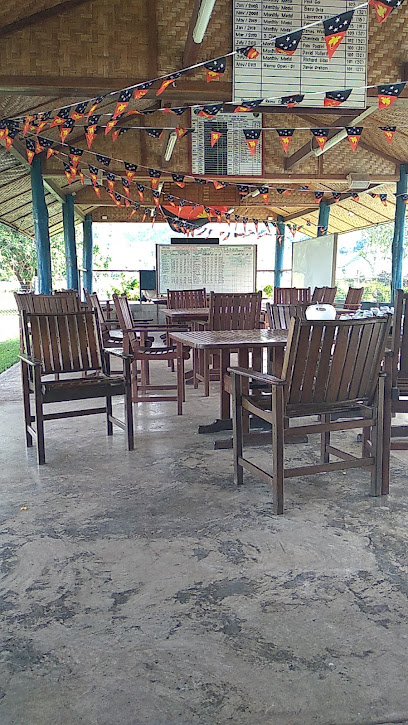
Eden Restaurant
Discover the flavors of Papua New Guinea at Eden Restaurant, where exquisite cuisine meets stunning coastal views in Madang.
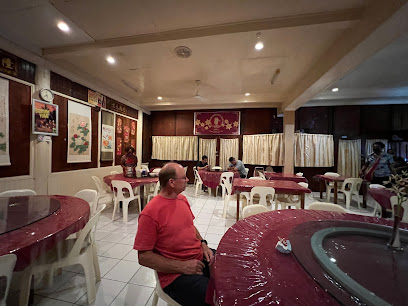
Diwai Restaurant Catering Service
Experience authentic Papua New Guinean flavors at Diwai Restaurant in Madang, where local cuisine meets warm hospitality in a vibrant setting.
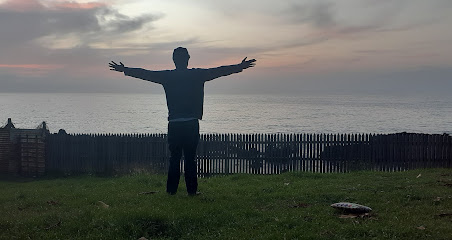
Madfox Grill
Experience the best hamburgers in Madang at Madfox Grill, where quality meets flavor in a vibrant and inviting atmosphere.
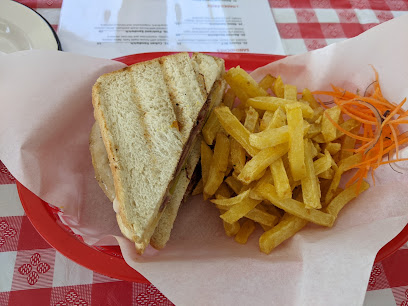
ALMA RETAILING AND WHOLESALE
Discover the charm of ALMA Retailing and Wholesale, a must-visit beer garden in Madang, offering refreshing brews and a relaxed atmosphere amidst nature's beauty.

MCP Club
Discover the vibrant nightlife at MCP Club in Gohikave, where local culture and friendly ambiance create unforgettable experiences.
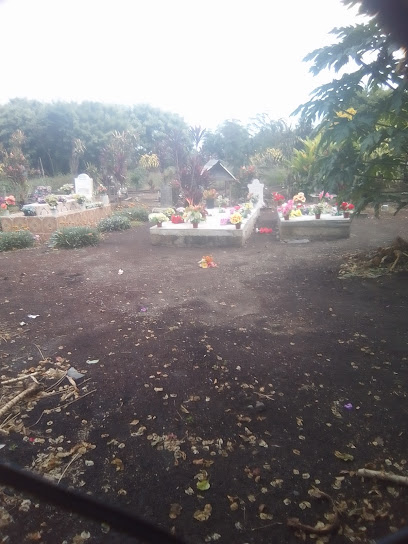
Vito Ato
Discover the vibrant local culture at Vito Ato, a lively bar in Goroka, perfect for mingling with locals and savoring refreshing beverages.

Flying fox tree
Discover the tranquil charm of the Flying Fox Tree Bar, a unique spot in Madang Province to unwind and enjoy local culture amidst nature.

Madanglo
Experience the authentic flavors of China at Madanglo in Madang Province, where delicious cuisine meets a warm and inviting atmosphere.
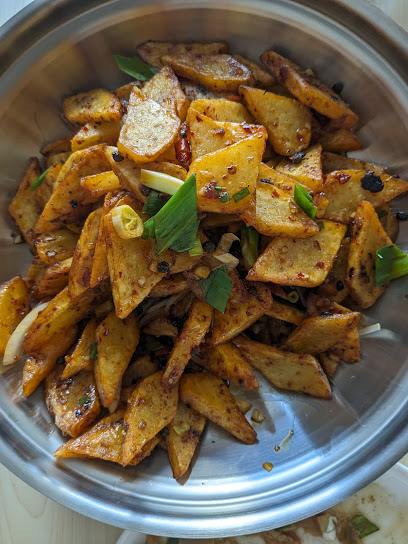
Deniz Paşa'nın Tombikçisi
Experience authentic local cuisine at Deniz Paşa'nın Tombikçisi in Madang Province, where flavors meet culture in a cozy atmosphere.

Local Phrases about Madang Province
-
- HelloKam na
[kam na] - GoodbyeGudbai
[gud-bai] - YesYes
[yes] - NoNogat
[no-gat] - Please/You're welcomePlis
[plis] - Thank youTenkyu
[ten-kyu] - Excuse me/SorrySori
[sor-ee] - How are you?Yu stap gut?
[yu stap gut] - Fine. And you?Gut. Na yu?
[gut. na yu] - Do you speak English?Yu save toktok long Inglis?
[yu sa-ve tok-tok long in-glis] - I don't understandMi no save long dispela
[mi no sa-ve long dis-pe-la]
- HelloKam na
-
- I'd like to see the menu, pleaseMi laik lukim menu, plis
[mi laik lu-kim me-nu, plis] - I don't eat meatMi no kaik kaukau
[mi no kai-k kau-kau] - Cheers!Cheeeers!
[chee-eers] - I would like to pay, pleaseMi laik painim moni, plis
[mi laik pai-nim mo-ni, plis]
- I'd like to see the menu, pleaseMi laik lukim menu, plis
-
- Help!Help!
[help] - Go away!Go long we
[go long we] - Call the Police!Ringim Polis!
[ring-im polis] - Call a doctor!Ringim dokta!
[ring-im dok-ta] - I'm lostMi lusim
[mi lu-sim] - I'm illMi sik
[mi sik]
- Help!Help!
-
- I'd like to buy...Mi laik baim...
[mi laik bai-m] - I'm just lookingMi tasol lukim
[mi ta-sol lu-kim] - How much is it?Em i stap long hanwan?
[em i stap long han-wan] - That's too expensiveEm i tru long prais
[em i tru long prais] - Can you lower the price?Yu ken lusim prais?
[yu ken lu-sim prais]
- I'd like to buy...Mi laik baim...
-
- What time is it?Wanem taim nau?
[wa-nem taim now] - It's one o'clockEm i wan taim
[em i wan taim] - Half past (10)Haf pasten
[haf pas-ten] - MorningLong moning
[long mo-ning] - AfternoonLong apinun
[long a-pi-nun] - EveningLong ivinin
[long i-vi-nin] - YesterdayDei ya
[dei ya] - TodayTudei
[tu-day] - TomorrowTumara
[tu-ma-ra] - 1Wan
[wan] - 2Tu
[tu] - 3Tri
[tri] - 4Fo
[fo] - 5Faiv
[fai-v] - 6Siks
[siks] - 7Seven
[sev-en] - 8Eit
[eit] - 9Nain
[nain] - 10Ten
[ten]
- What time is it?Wanem taim nau?
-
- Where's a/the...?Wanem ples bilong...?
[wa-nem ples bi-long] - What's the address?Wanem adris?
[wa-nem ad-ris] - Can you show me (on the map)?Yu ken soim mi long map?
[yu ken so-im mi long map] - When's the next (bus)?Em i kamap nambawan?
[em i ka-map nam-ba-wan] - A ticket (to ....)Wan tiket (long ....)
[wa-n ti-ket long]
- Where's a/the...?Wanem ples bilong...?
History of Madang Province
-
Madang Province has been inhabited for thousands of years by various indigenous groups, including the Bel, Bilbil, and Karkar people. These communities developed rich traditions, languages, and social structures that remain influential today. The region's fertile land and abundant marine resources supported complex societies long before European contact.
-
In the late 19th century, German explorers arrived in the region, marking the beginning of European influence. Madang town was established as a German colonial outpost in 1884. The Germans introduced plantations, missions, and infrastructure projects. After World War I, the Treaty of Versailles transferred control of German New Guinea, including Madang, to Australia.
-
Madang Province played a significant role during World War II. In 1942, Japanese forces occupied the region, using it as a strategic base. The area saw intense fighting between Japanese and Allied forces, culminating in the Allies' recapture of Madang in 1944. The war left a lasting impact on the region, with many relics and battle sites still visible today.
-
Following World War II, Madang underwent significant reconstruction efforts under Australian administration. Infrastructure was rebuilt, and the region's economy gradually recovered. Papua New Guinea gained independence in 1975, and Madang Province became an integral part of the new nation. The province has since focused on sustainable development, balancing economic growth with cultural preservation.
-
Madang Province is renowned for its vibrant cultural heritage. Traditional practices, such as dance, music, and art, are celebrated through various festivals and events. The annual Madang Festival showcases the province's diverse cultures, with performances, crafts, and traditional cuisine. The province remains a hub for cultural exchange and a testament to the resilience of its indigenous communities.
Madang Province Essentials
-
Madang Province is accessible via Madang Airport (MAG), which receives domestic flights from Port Moresby, the capital city of Papua New Guinea. International travelers typically fly into Port Moresby’s Jacksons International Airport (POM) and then take a connecting flight to Madang. Alternatively, you can reach Madang by road from Lae, which takes approximately 6-7 hours.
-
In Madang Province, local transportation mainly consists of PMVs (Public Motor Vehicles), which are minibuses that connect different parts of the province. Taxis are available in Madang town but may be scarce in more remote areas. Car rentals are also an option, but it’s advisable to have a 4WD vehicle due to the condition of some roads. For exploring the coastline and nearby islands, boat charters are available.
-
The official currency of Papua New Guinea is the Papua New Guinean Kina (PGK). Credit cards are accepted in some hotels, restaurants, and shops in Madang town, but cash is essential when traveling to rural areas. ATMs are available in Madang town, but it’s advisable to carry enough cash, especially when venturing outside urban areas.
-
Madang Province is generally safe for tourists, but like any travel destination, it’s wise to take precautions. Avoid walking alone after dark, particularly in isolated areas. Petty crimes like pickpocketing can occur, so keep an eye on your belongings. Some neighborhoods in Madang town, such as Newtown and Sisiak, have higher crime rates, so it’s best to avoid these areas at night.
-
In case of an emergency, dial 000 for police, fire, and ambulance services. Madang General Hospital provides medical services, and there are several pharmacies in Madang town. It’s crucial to have travel insurance that covers medical emergencies and evacuation. For minor health issues, local clinics and pharmacies can provide assistance.
-
Fashion: Do dress modestly; lightweight, breathable clothing is ideal. Avoid revealing clothing, especially in rural areas. Religion: Do respect local customs and traditions; many communities are deeply religious. Public Transport: Do be patient and courteous; PMVs can be crowded. Avoid eating or drinking on public transport. Greetings: Do greet people with a smile or a nod; handshakes are common but gentle. Eating & Drinking: Do try local dishes and accept food graciously. Don’t waste food, as it is considered disrespectful.
-
To experience Madang Province like a local, visit the Madang Market to buy fresh produce and handmade crafts. Engage with locals, who are often friendly and eager to share their culture. Don’t miss the chance to explore the beautiful coral reefs and WWII wrecks through diving or snorkeling. For a unique cultural experience, attend a singsing, a traditional dance and music performance.
Nearby Cities to Madang Province
-
Things To Do in Goroka
-
Things To Do in Mount Hagen
-
Things To Do in Buka
-
Things To Do in Wewak
-
Things To Do in Lae
-
Things To Do in Vanimo
-
Things To Do in Port Moresby
-
Things To Do in Kimbe
-
Things To Do in Kavieng
-
Things To Do in Rabaul
-
Things To Do in Kokopo
-
Things To Do in Alotau
-
Things To Do in Arawa
-
Things To Do in Taro Island
-
Things To Do in Port Douglas




